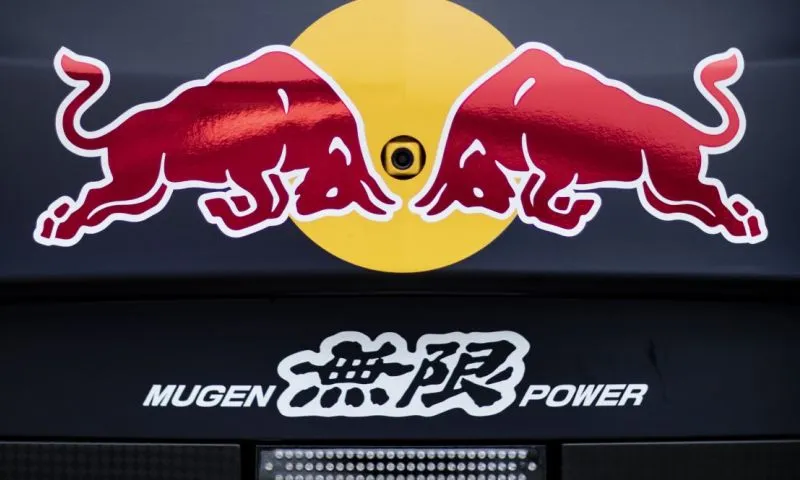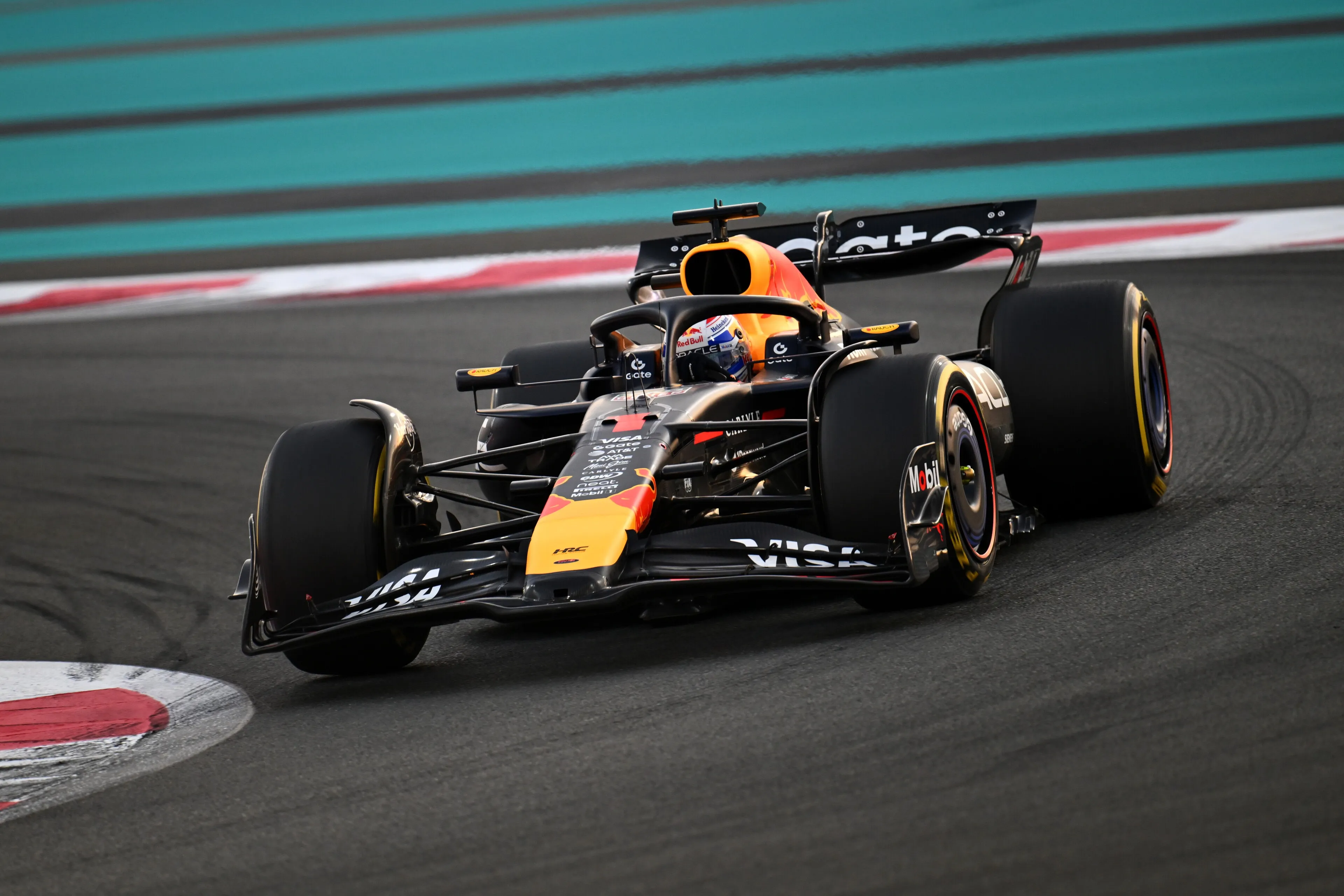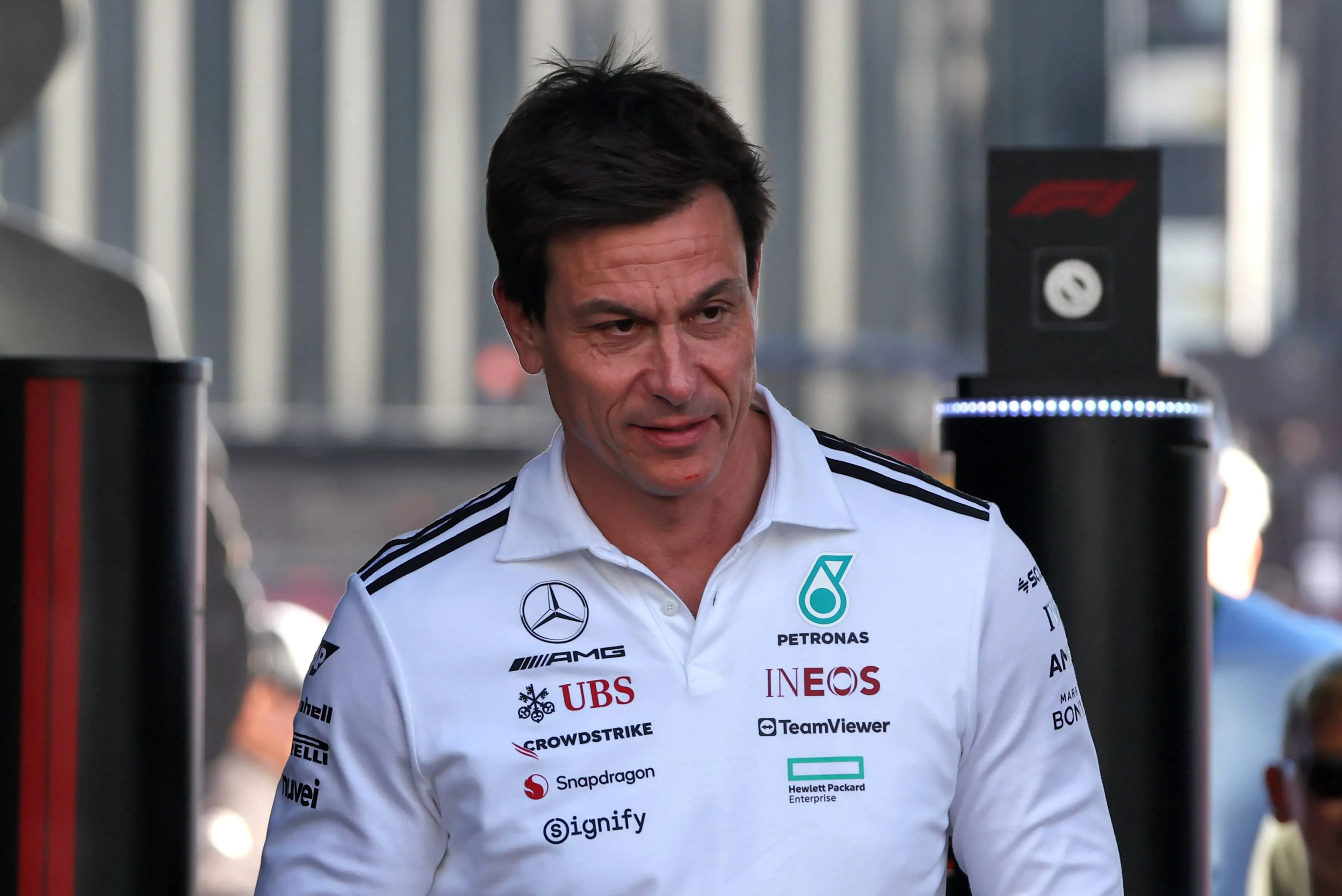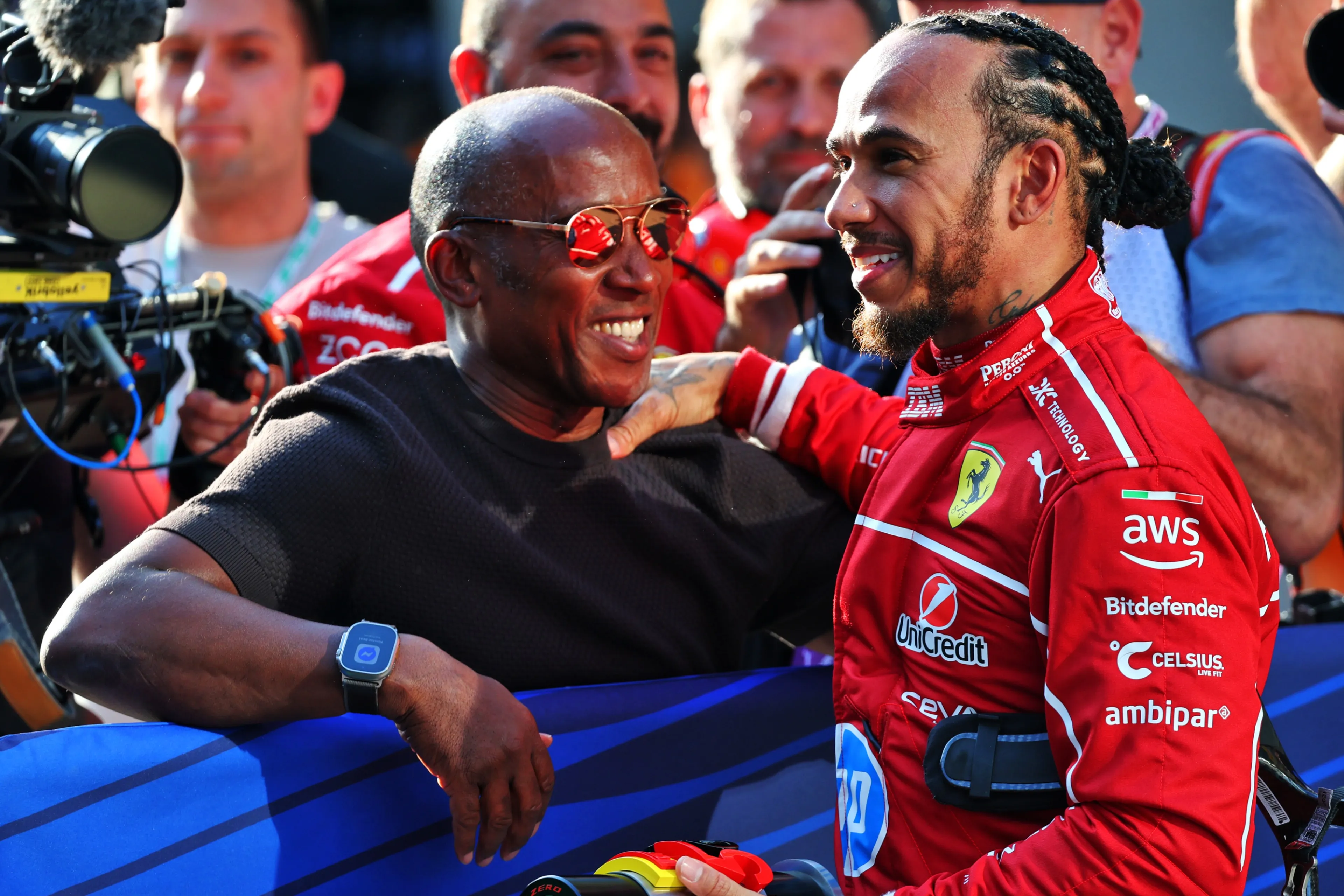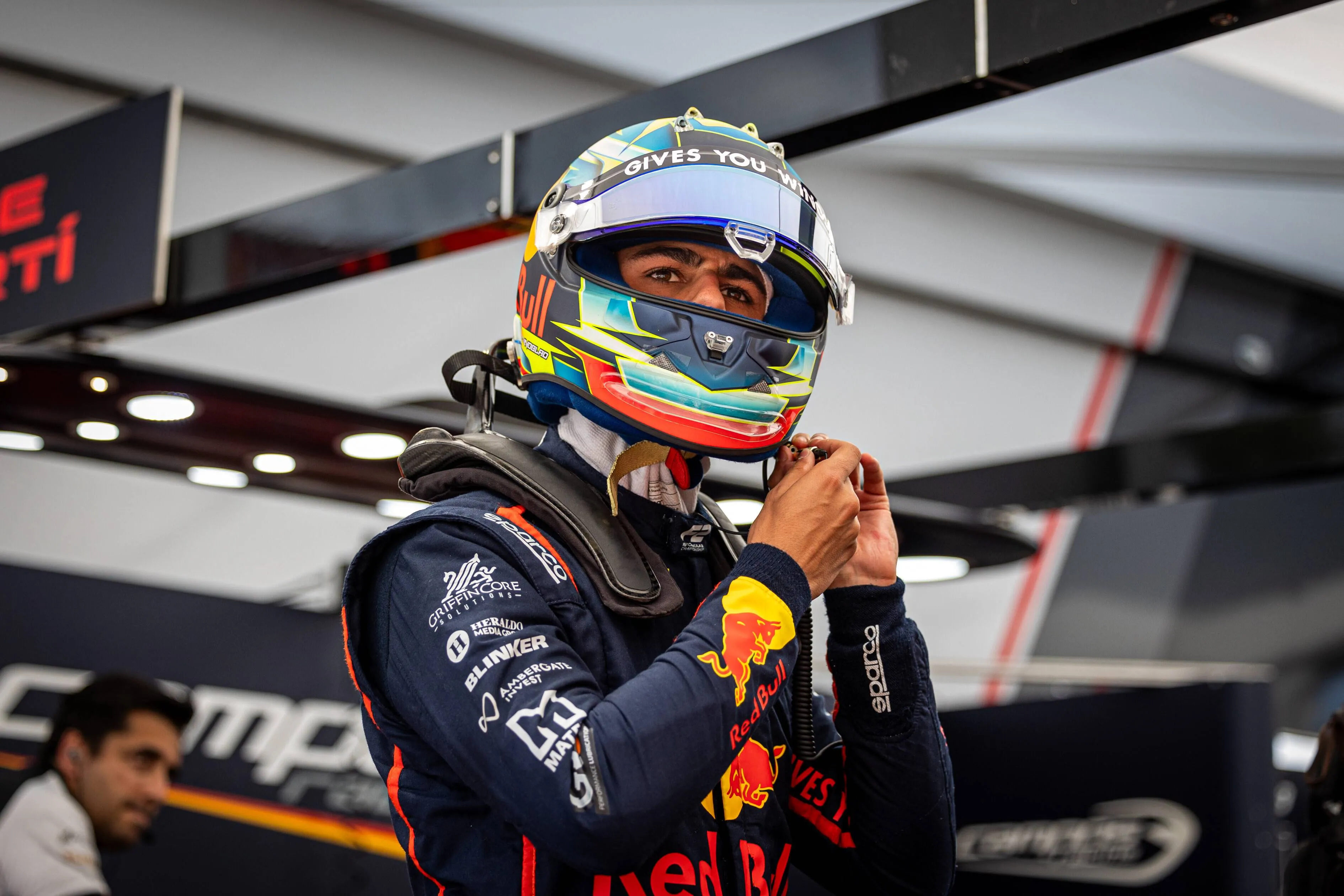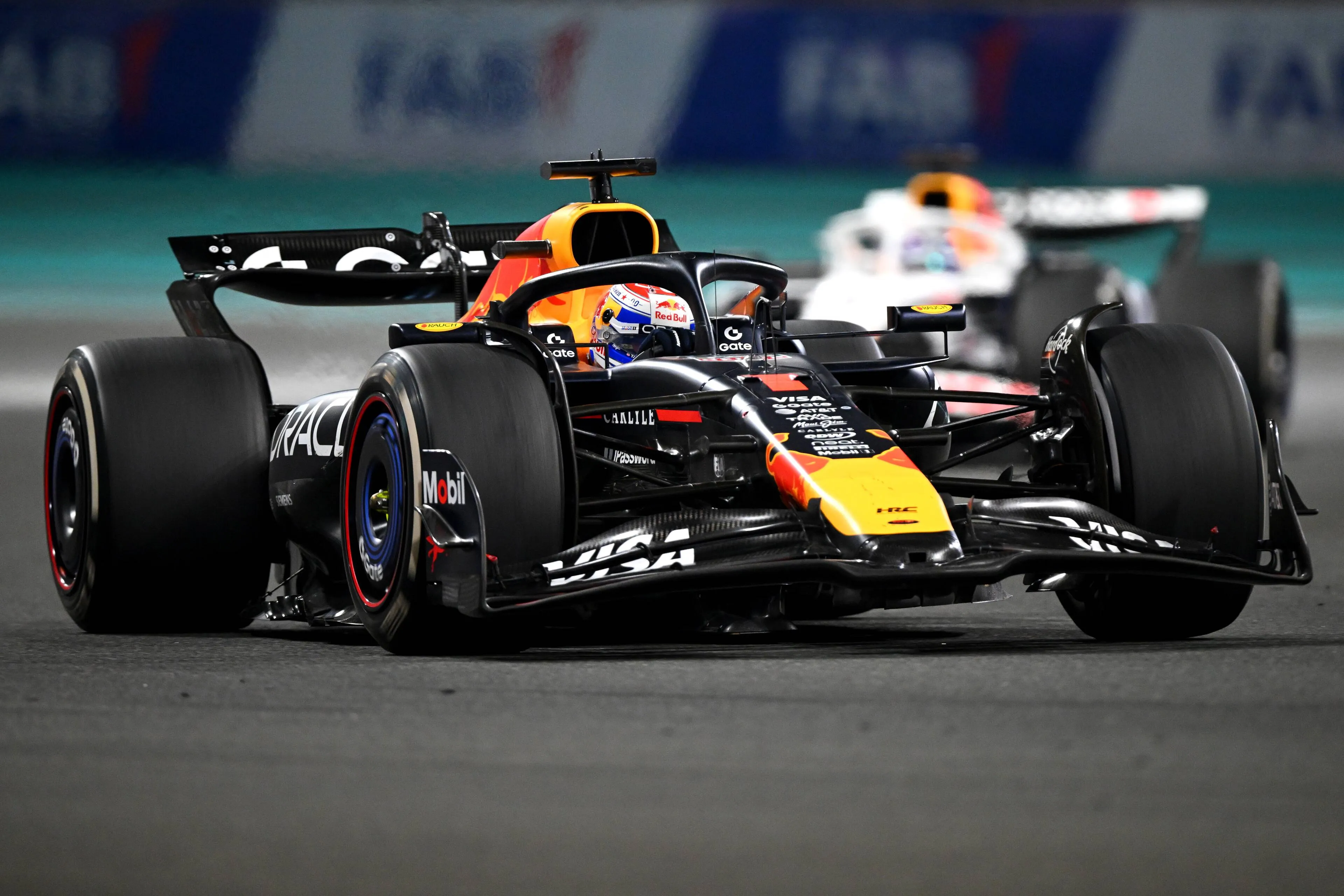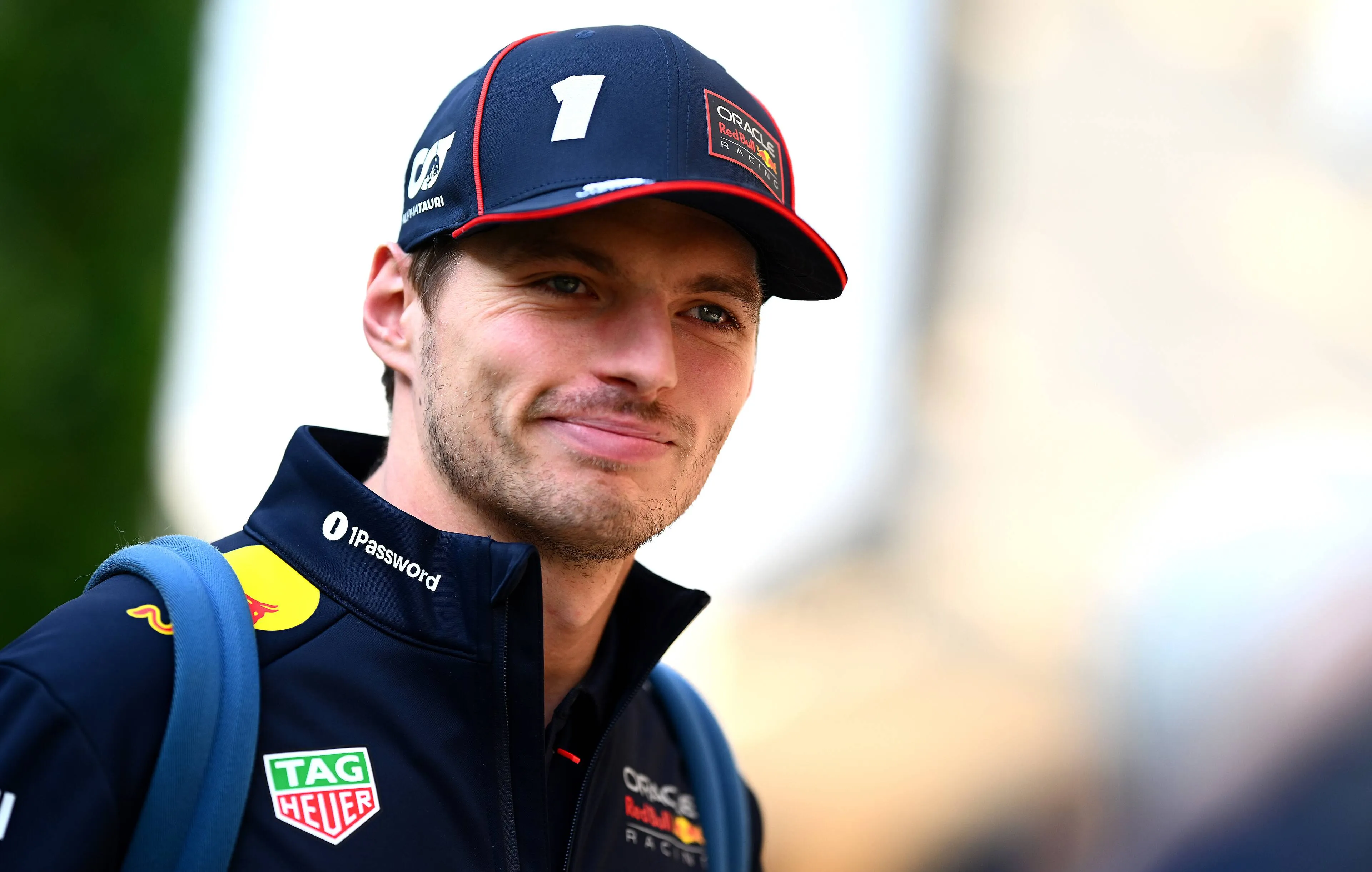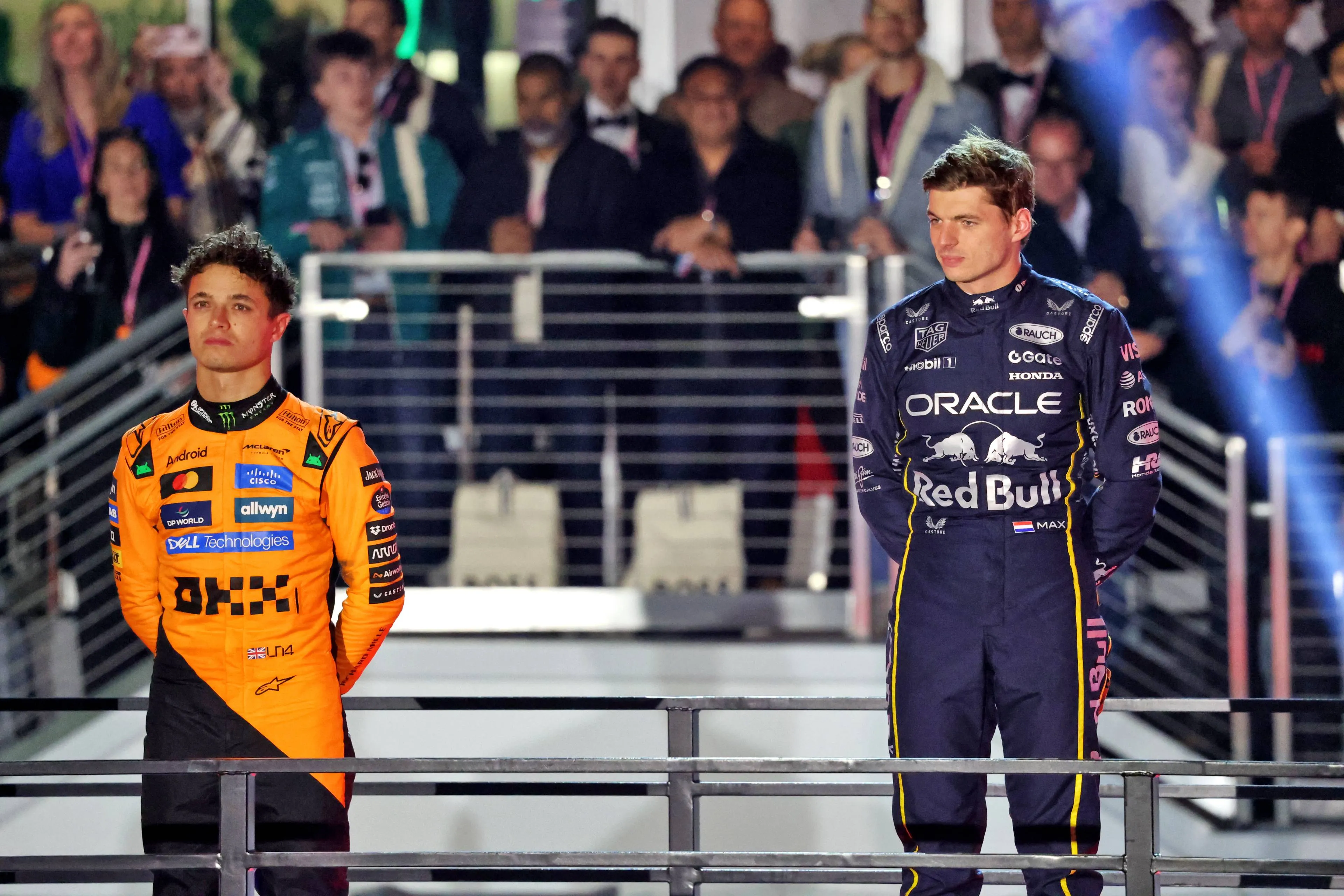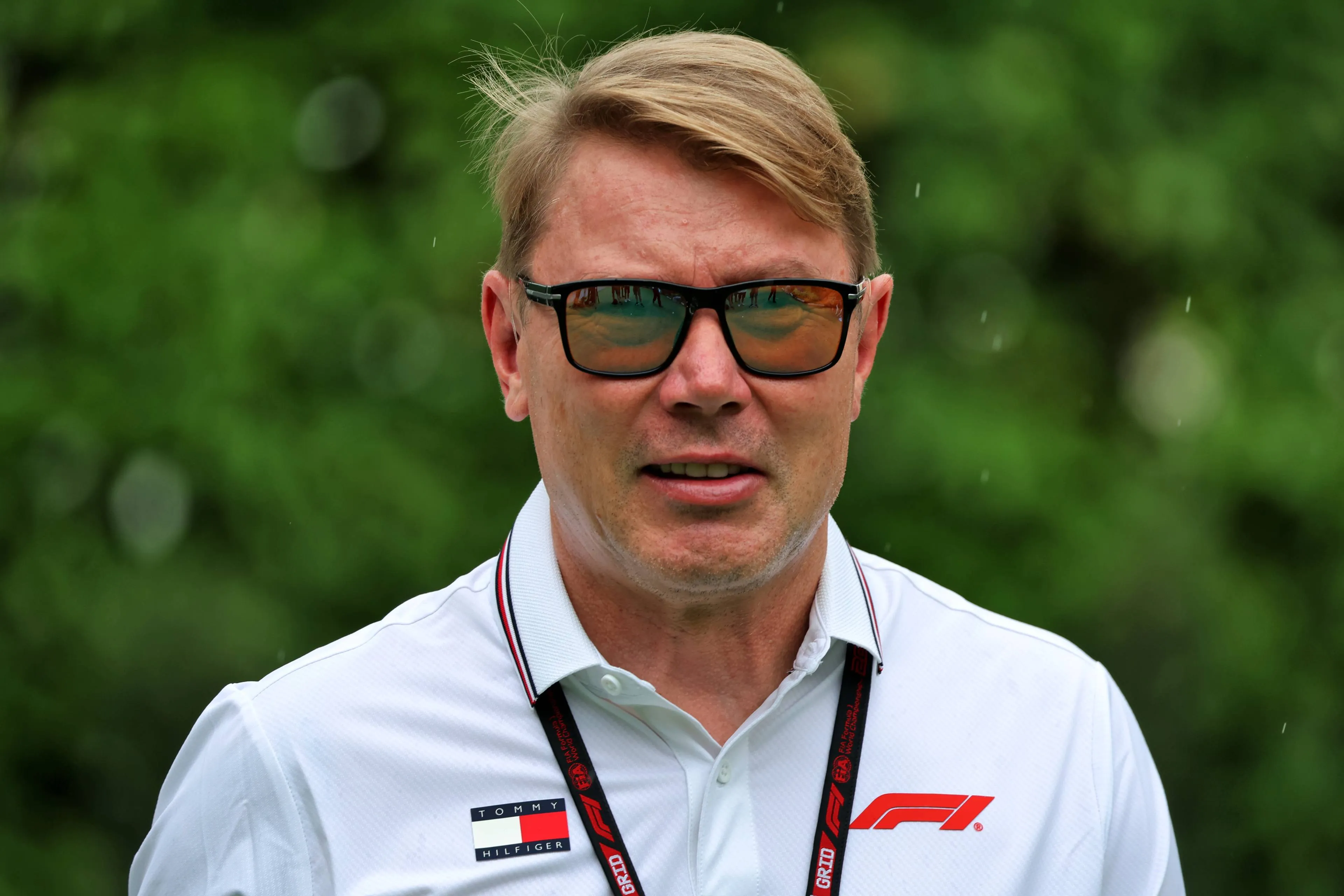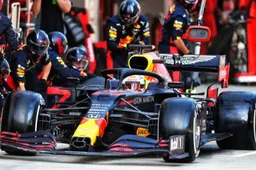Mugen as an engine supplier for Red Bull? Those days "have long since gone"
13:15, 23 Oct 2020
0 Comments
Since Honda announced their Formula 1 departure, everyone has wondered which power source Red Bull will continue with beyond 2021. When Honda left F1 in the early 1990s, their engines were taken over by Mugen. However, the chance that history will repeat itself in that regard is extremely small.
Honda supplied factory engines to McLaren until the early 1990s. When Honda switched to V12 engines for that collaboration from 1991, Mugen prepared the Honda V10 from that season first for Tyrrell. Even when Honda left Formula 1 completely, Mugen continued. In the second half of the 90s, Ligier and Jordan achieved four more Grand Prix victories.
No talk about F1 with Red Bull or Honda
This could in theory set a precedent for the current situation with Red Bull. Is that why behind the scenes talks are going on between these parties about future cooperation in F1? Colin Whittamore, director at Mugen Euro, tells GPblog.com that is not the case.
“There have been no discussions between us and Red Bull Racing, or Honda, regarding the future of their F1 power unit. Honda is always a key client of Mugen, and Team Mugen already run Red Bull-liveried cars in both Super GT and Super Formula as part of the Red Bull Junior Driver programme, therefore, of course, we would be willing to discuss any potential project with them, but to date, the future of any F1 programmes has not been discussed.
"However, if discussions did take place, they would be more likely to be focused on the use of our facility in Milton Keynes, as the Honda F1 dynos are in the same building as the Mugen Euro dyno, rather than any future involvement in the F1 programme," Whittamore said.
Technologically, times have changed a lot
Where necessary, Mugen is willing to provide their services, but a full takeover of the Honda F1 project is not within their means, according to Whittamore. Mugen has decades of experience preparing internal combustion engines and, thanks to their TT Zero project (electric motors for the Isle of Man TT races), also developing electric power units, but that is not enough to run an F1 engine.
"Whilst the knowledge and experience is extremely valuable to us in our current and future business, it would still be a long way short of enabling us to run a modern F1 power unit. The current powertrain (we don’t even call them engines any more) are a totally different prospect to the 1990s, both technically and financially, and with only approx. 250 Mugen employees worldwide, any serious involvement with F1 engine supply would require a serious ramp-up of resources.
"Also, integration of the powertrain and the chassis has vastly increased in importance over the 30 year period since we were last involved in F1 as an engine supplier, so a single source of supply for the chassis and powertrain can be very beneficial, and the days of an engine supplier simply providing the engine and expecting the chassis manufacturer to incorporate it in isolation have long since gone," he added.
Financially a very difficult situation for independent suppliers
In addition to these technical hurdles which need to be overcome, it is also financially nearly impossible for a company like Mugen to get into F1 now. Although Mugen was founded by the son of Soichiro Honda himself and the ties with Honda have always remained close, Whittamore emphasises that it is a completely independent company that must stand on its own two feet.
"I think that, as evidenced by the fact that there are currently no independent power train suppliers to F1, it is not financially viable to produce and run an F1 engine programme without a great deal of infrastructure and support in place.
"The level of investment, initial and ongoing, are exceptional, and it would be hard to make a purely commercial case that one could be assured to recover the outlay," concluded Whittamore.
The conclusion is that Mugen will not repeat their piece of art from the 90s without significant investment from outside. Moreover, any independent supplier will face enormous technical challenges. Mugen, meanwhile, continues to do what it does best: building and distributing high-end Honda engine specifications, beyond F1.
This article was first published on the Dutch edition of GPblog and written by Pelle Gerritsen
Read more about:
Popular on GPBlog

1
How qualifying elimination format will change in 2026 with expanded F1 grid
7054 times read
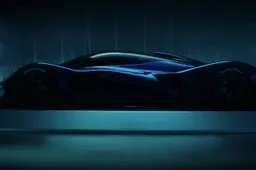
2
Final version of Adrian Newey’s latest Red Bull masterpiece unveiled
2255 times read

3
Kelly Piquet posts Verstappen showing the ocean to daughter Lily
1618 times read
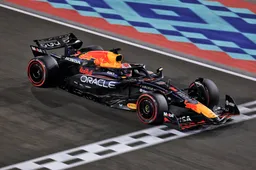
4
Key Red Bull Racing figure begins new job at rivals McLaren
1374 times read
Loading
